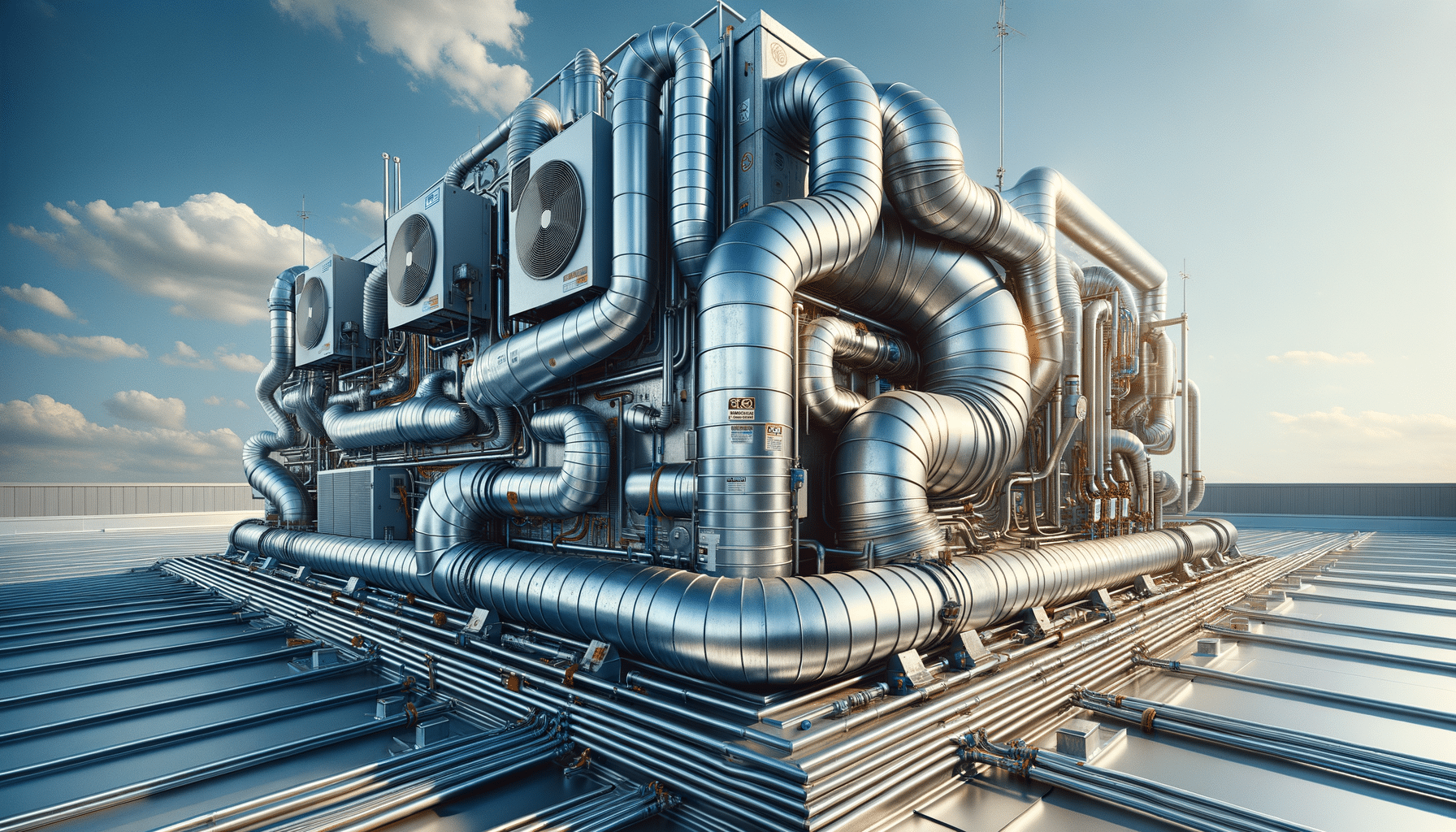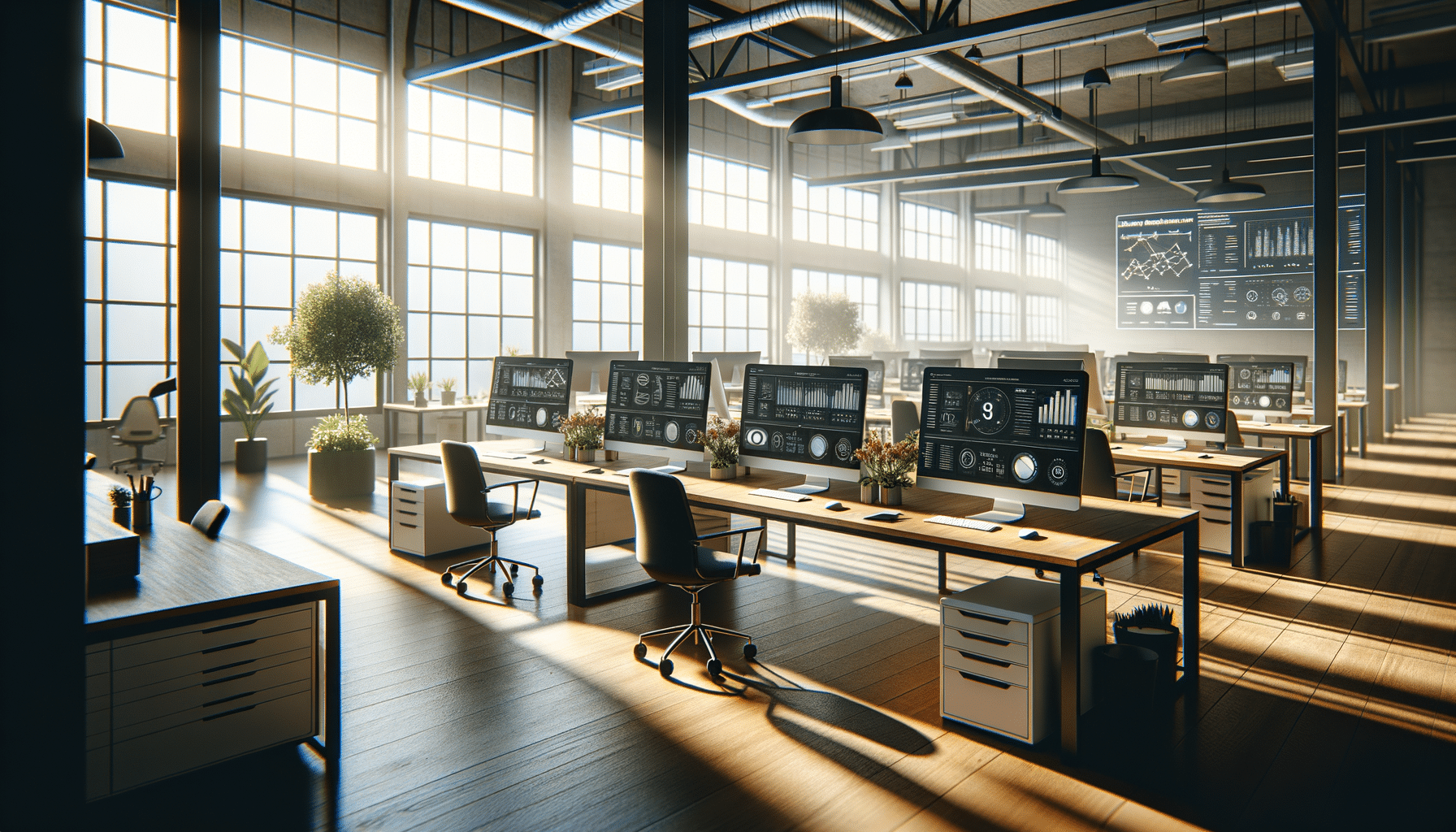
Explore More About Commercial Air Conditioner Service
Introduction to HVAC Systems
Heating, Ventilation, and Air Conditioning (HVAC) systems are integral components of modern commercial buildings, ensuring a comfortable and healthy indoor environment. These systems regulate temperature, improve air quality, and maintain humidity levels, making them essential for both employee productivity and customer satisfaction. The complexity and efficiency of HVAC systems have evolved over the years, incorporating advanced technologies to meet the growing demands for energy efficiency and environmental sustainability.
Commercial HVAC systems differ significantly from residential systems in terms of size, complexity, and functionality. They are designed to manage larger spaces and accommodate the unique needs of various businesses, whether it’s a warehouse requiring robust heating or an office building needing precise climate control. Understanding the basics of HVAC systems can help business owners make informed decisions about installation, maintenance, and upgrades.
The Importance of Regular HVAC Maintenance
Regular maintenance of HVAC systems is crucial for several reasons. Firstly, it ensures the system operates at peak efficiency, which can lead to significant cost savings on energy bills. A well-maintained system uses less energy to achieve the desired temperature, reducing the overall operational costs. Secondly, regular check-ups can prevent unexpected breakdowns, which can be costly and disruptive to business operations.
Maintenance tasks typically include cleaning or replacing air filters, checking refrigerant levels, inspecting ductwork for leaks, and ensuring all components are functioning correctly. These tasks not only enhance the efficiency of the system but also extend its lifespan, providing a better return on investment. Additionally, regular maintenance can improve indoor air quality, a critical factor in maintaining a healthy work environment.
Ignoring maintenance can lead to problems such as reduced air quality, increased energy consumption, and even system failures. Therefore, scheduling regular HVAC maintenance should be a priority for any business looking to optimize its climate control systems.
Advancements in HVAC Technology
The HVAC industry has seen significant technological advancements aimed at improving efficiency and sustainability. One notable development is the integration of smart technology, allowing for remote monitoring and control of HVAC systems. This technology provides real-time data on system performance, enabling proactive maintenance and adjustments to optimize efficiency.
Another advancement is the use of energy-efficient components, such as variable speed motors and advanced heat exchangers. These components adjust their operation based on the current demand, reducing energy consumption without compromising comfort. Additionally, the adoption of eco-friendly refrigerants has minimized the environmental impact of HVAC systems, aligning with global efforts to combat climate change.
These technological innovations not only enhance the performance of HVAC systems but also contribute to sustainable building practices. Businesses that invest in advanced HVAC technologies can benefit from lower energy costs, improved system reliability, and a reduced carbon footprint.
Choosing the Right HVAC System for Your Business
Selecting the appropriate HVAC system for a commercial building involves several considerations. The size and layout of the building, the type of business operations, and local climate conditions all play a role in determining the suitable system. An oversized system can lead to inefficiencies and higher costs, while an undersized system may fail to provide adequate climate control.
Businesses should also consider the energy efficiency ratings of potential HVAC systems. Systems with higher ratings may have a higher initial cost but can result in long-term savings through reduced energy consumption. Additionally, features such as zoning capabilities, which allow different areas of the building to be controlled independently, can enhance comfort and efficiency.
Consulting with HVAC professionals can provide valuable insights into the best options for a specific business. These experts can perform detailed assessments and recommend systems that align with the business’s needs and budget, ensuring optimal performance and cost-effectiveness.
Summary and Conclusion
In conclusion, HVAC systems are a vital part of any commercial building, providing necessary climate control and contributing to a comfortable and healthy indoor environment. Regular maintenance, technological advancements, and careful selection of systems can significantly enhance the performance and efficiency of HVAC systems. Businesses that prioritize these aspects will not only enjoy reduced operational costs but also contribute to environmental sustainability.
As the demand for efficient and eco-friendly HVAC solutions continues to grow, staying informed about the latest developments in the industry can help businesses make strategic decisions that benefit both their operations and the environment.


